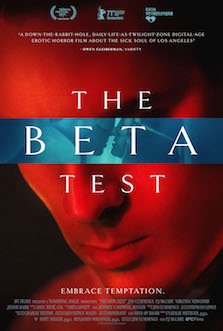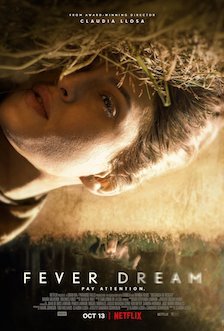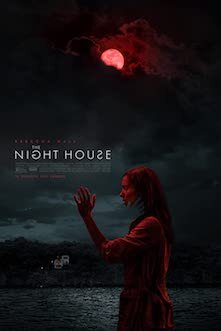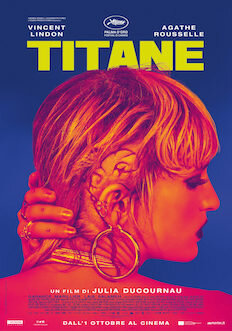Direction: Fran Kranz
Country: USA
Mass, the directorial debut feature from actor turned director Fran Kranz, is a tear-jerking chamber drama, whose tension doesn’t come from action but rather from edgy dialogue and human expression related to a painful irreversible situation.
The film stars Martha Plimpton, Jason Isaacs, Reed Birney and Ann Dowd, as two married couples in mourning. The former two lost a son in a vicious school shooting perpetrated by the latter couple's son, a depressed and bullied boy who ended up taking his own life. In the aftermath of this tragedy, they agree to a face-to-face conversation in a church meeting room.
Playing like a therapy session, the discussion is filled with emotional ebbs and flows. It’s a heartbreaking situation for both couples who attempt to turn their grief and negative emotions into forgiveness and heal. On one hand, we have an unbearable sense of injustice, resentment and anger; on the other, there’s self blame, confusion and disillusion.
The dynamism of the camera, whether through medium shots or closeups, captures the characters’ sorrows with clarity. However the dialogue is not always convincing, feeling calculated or contrived in many spots. This film is provocative for the strength of the script and its topics, not so much for how it was conducted, regardless the dedicated performances of the four leads. With that said, the finale is brutally relieving, but not without a shocking disclosure.








































